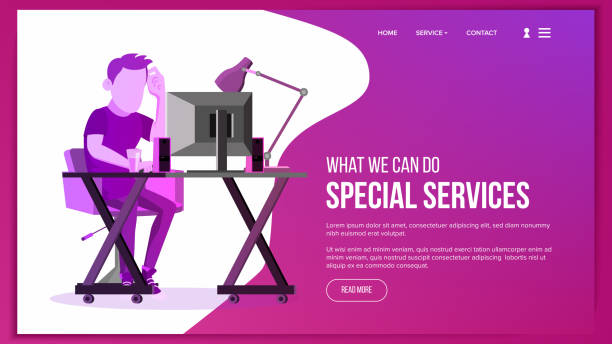To build and maintain a strong brand, you need to monitor and nurture it constantly.
On occasion, it may be necessary to refine or revitalize a brand’s strategy or even to reset the strategy to align with a new business direction.
This article outlines the signs that it might be time to rebrand your business. This usually happens when one of three things occurs:
- When you know: You are about to experience a major change in your company.
- When the brand is fuzzy: It has been a while since it was evaluated.
- During a growth spurt, you’re just trying to get by today. You don’t even have time to think about the future.
Why should you evaluate your brand strategy?
What got you to this point won’t take you there.
Businesses are constantly changing environments. Customers’ behavior, technologies, competitor offerings, laws, and goals of the company all change. It’s a good thing.
Brands that are static run the risk of becoming obsolete or stagnant. Then bad things happen.
- The corporate and brand strategies are not aligned.
- The organization has lost its sense of purpose.
- Employees disengage.
- The culture is fading.
- Innovation stalls.
- The Customer Value Proposition is weakening.
- Customers lose interest.
It is rare that a “lightning strike” can cause a loss of relevance. The death is more gradual, like a thousand small paper cuts. Stagnation is the enemy of business as well as nature. Standstill is not an alternative.
When should you evaluate your brand’s strategy?
1. It’s obvious
There will be branding implications when your business is about to experience a Big Change. Examples include:
- Mergers or acquisitions
- Entry into a new market
- If a new competitor or one who is aggressive enters your market
- Launching an innovation or new product
- New leadership, outside investors, or both
These situations are often accompanied by a change in vision or direction for the company. This can have a tangible impact on the business strategy. It’s best to develop the brand and the business strategy simultaneously to ensure that they are in alignment.
2. It’s not always clear
It can be difficult to recognize “it’s the right time” at times.
It may take a while before someone realizes that they have been wasting their time.
- The customer’s needs have changed.
- Macro forces and trends have shaped landscapes.
- It isn’t easy to both sell and buy a product portfolio that has grown so large, complex, or both.
- You have neglected your brand, or, at the very least, it has not been actively managed.
- Your business strategy is changing.
- Your value proposition and message have become “me too.”
3. You are a victim of success
Often, when a business is growing rapidly, everyone is so busy trying to keep up with the current demands that they forget to consider the future.
Assess early and often.
Proactively pursuing your goals will help you develop a solid and deliberate strategy. Delaying your decision can put you in a reactive and time-limited situation that will compromise your strategy.
- It is not possible to evaluate your brand strategy in the context of new and anticipated conditions.
- You are limited in your ability to do the research necessary to collect the information and insights needed for evaluation.
- You may not have enough time to consider multiple options or to assess them.
- In reactive situations, a delayed start will inevitably mean a delayed time to impact the new direction of the brand.
By evaluating the brand strategies of two companies in the context of due diligence for a merger, you can maximize your strategic options. You also minimize the usual scramble to “fix it fast” after the merger.
Employees and customers alike, especially in business and B2B, do not distinguish between the two. B2B buyers today are demanding transparency. They also want to know about the values and character of the company that produces the product.
The earlier you evaluate your business, the more time it will take to develop and implement an optimal strategy. B2B leaders need to regularly and proactively review their brand strategy along with their business strategies in order to anticipate and stay on top of the dynamic environments in which they operate.

